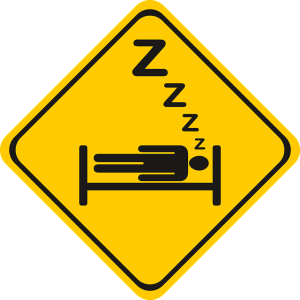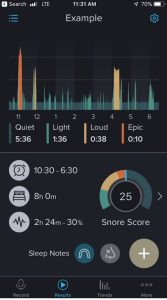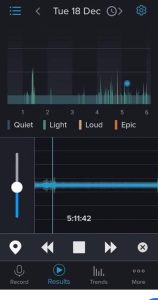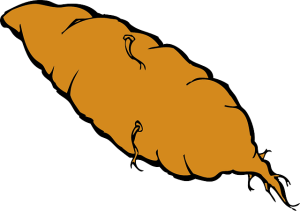-
 Attention: Snorers!
Attention: Snorers! How do you rate?
Yes, snoring is common, if not normal, for most men, but that doesn’t mean it is healthy.
If you hear a strange squawking noise coming from under your sink, it’s clear that something isn’t quite right. It could be related to air, water, or pipes. The important thing is that you’d typically get it fixed!
It’s reported that over 40% of males over 35 years snore, and around 10% of women also join the chorus.

Test your decibels!
For those who claim they don’t snore, despite their partners saying otherwise, here’s a simple, free test to prove it.
Let’s ‘turn up’ the game.
The free Snorelab app (CLICK HERE) records your snores throughout the entire night while you sleep.
Set up the app as directed (it’s super easy), turn it on, plug in your phone, and go to sleep.
On waking, simply review your sound recording via the app.

1. Review the volume of your entire sleeping period - noting spikes.
2. The app places your ‘snoring’ volume into four categories: Quiet, Light, Loud & Epic!
3. Finally, an algorithm scores your sleeping sound.
A sound, quiet sleep will score ~ 0-5, and those snoring for Australia can score up to 140.
A mate of mine, Kenno, is the clubhouse leader @ 154 (an Australian Epic record).
You can even playback your best pitches from the previous night – this is a powerful tool for suffering partners.
Note - Sadly, Cheryl is no longer with Kenno.
-
I have exercised heavily for decades. Often, people say, "Well, given this, you can eat whatever you like!" I’ll admit that up to age 35, this might have been true; not that I actually did, but yes, calories didn’t seem to matter as much in relation to my body mass. In fact, I typically consumed far more calories than most people.
However, after turning 35, I noticed that my outgoing calories no longer matched my incoming calories. Despite years of regular exercise, I realized that if I abused refined sugars, processed fats, and alcohol, I would gain unnecessary weight, regardless of my activity levels. It became clear to me that the type of calories mattered far more than the quantity. When I mostly avoided all the processed and advertised foods, I found that my natural appetite regulated itself to the right volume for my needs.
So, yes, exercise is important—please exercise! And the right intensity will assist in metabolic weight management. However, the belief that a 45-minute brisk walk can offset the effects of a soft drink, a tomato sauce-drenched sausage roll, and a few tins of alcohol is misleading for most people in the battle against weight gain.
As I’ve mentioned repeatedly, outside of the genetically blessed individuals, it seems that the regulation and intensity of insulin spikes play a dominant role in weight gain.
-
Easy on the carb bashing!
Here’s the Karb King!
Not all complex and starchy carbohydrates are bad. In fact, for most people, carbohydrates are often necessary. With regular exercise, some carbs can be absolutely essential.

In my 30+ years of experience, I have found that the true star of carbohydrates is the sweet potato. While I believe 'most people' can tolerate some bread, pasta, potatoes, and rice, my data shows it's best to limit these options.
Why sweet potatoes? Here are a few reasons:
Vitamin A: Supports healthy eyes and skin, and aids in growth and development in children.
Vitamin C: Helps the body absorb iron.
Vitamin B: Aids in protein metabolism.
Dietary Fibre: Promotes a healthy digestive system.
Fuel: amps up the battery for your next run.
For over twenty years, sweet potatoes have been my go-to meal the night before athletic events, and they have never let me down.
Here’s an idea for tonight – thx Jess from JShealth (follow her on insta)
-
Summers in Australia are usually hot,
and when it's hot, people often go swimming!
If, like me, your swimming talent will prevent drowning, but see you fall short of an Olympic medal, consider these 3 technical tips from my man, Chris Fydler.
Fydes' featured in the Sydney Olympic 4 x 100m Freestyle Gold medal team with Ian Thorpe, Michael Klim & Ashley Callus. This makes him an expert. I asked Fydes' for three simple tips for punters like me.
TIP #1 - Drive and reach your leading hand as far as possible.
This will lengthen your body, helping your gliding motion. Many shortchange their stroke.
TIP # 2 - Look straight down and not up and forward.
Looking up will usually cause your heavy legs to sink deeper, making it harder to move forward. You guessed it, the black line is your marker.
TIP # 3 - Pull water back under your body (from the catch).
It is important to avoid pushing water straight down or to the side, as this can cause your body to move up and down rather than forward.

